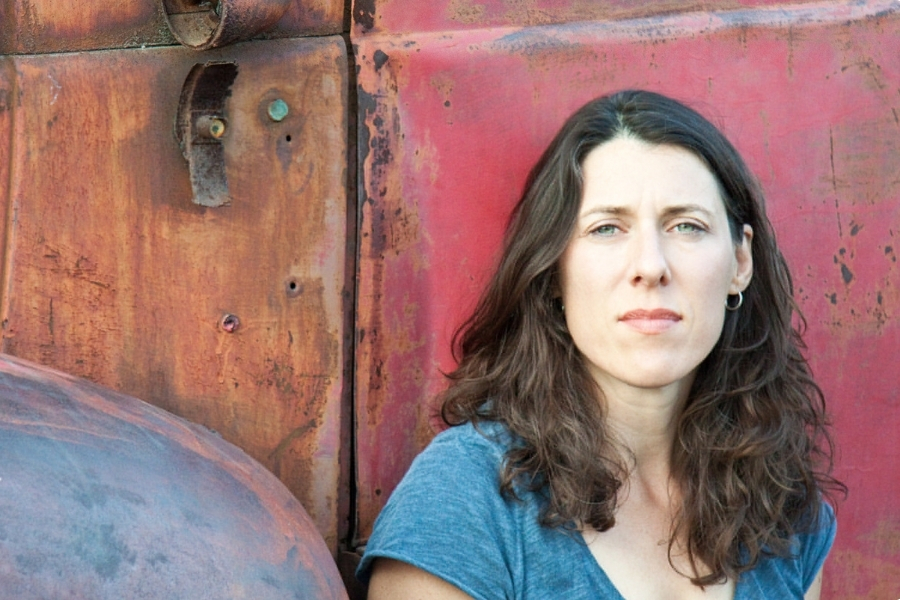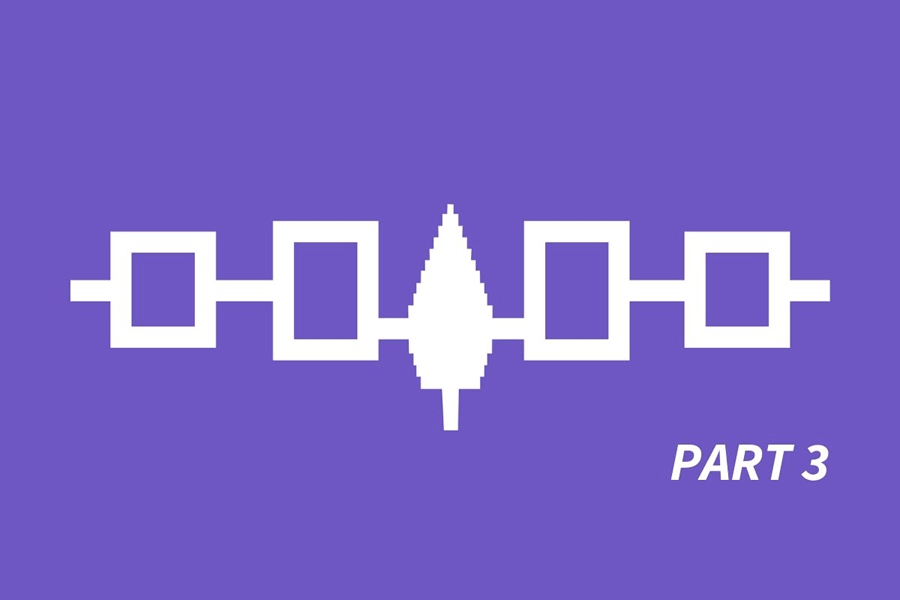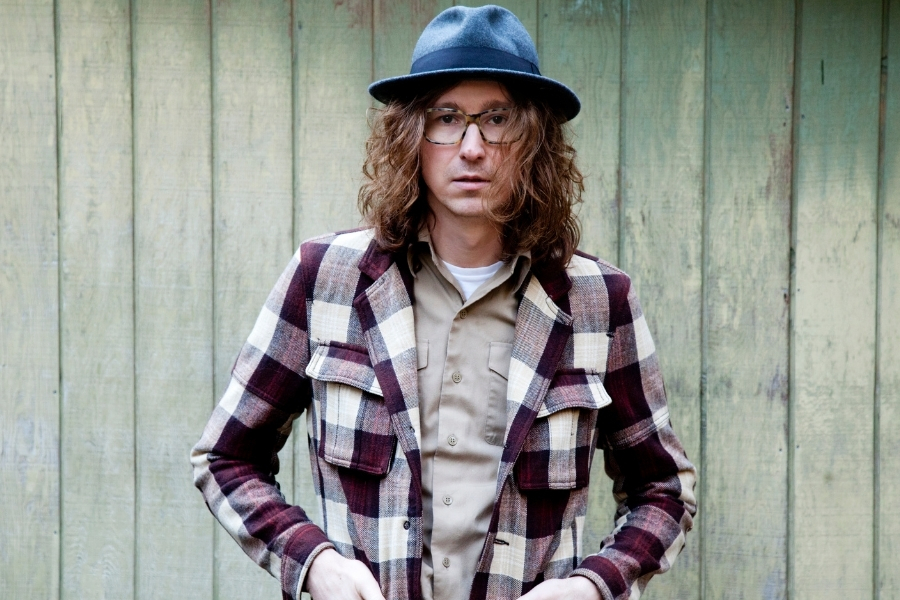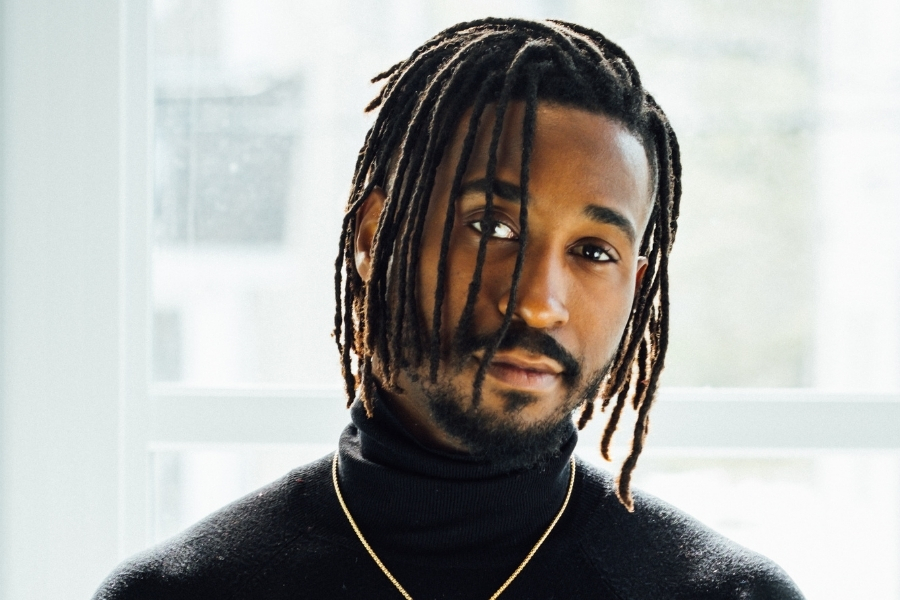Annabelle Chvostek is a singer-songwriter, multi-instrumentalist, composer, producer. Americana, UK has described her as an artist “whose talent is so exceptional that [she is able] to explore and master any musical genre she wishes”.
Annabelle released her first self-produced and self-released recordings while pursuing a Bachelor’s degree in Interdisciplinary Fine Arts, specializing in electroacoustic composition. Between 2003 and 2005 she released the jazz-fuelled LP Water and the raw, angst-ridden EP Burned My Ass.
In 2005 Annabelle joined the Wailin’ Jennys and toured the world with their award-winning album Firecracker, in which she wrote four songs. Upon leaving the Jennys, she released Resilience (2008), co-wrote two songs with Canadian legend Bruce Cockburn on his Juno-winning album A Small Source of Comfort (2011), and put out Rise (2013), which was nominated for a Juno Award. Both Rise and Resilience (Borealis Records) were nominated for Contemporary Album of the Year at the Canadian Folk Music Awards. Her last album, Be the Media (2015), unleashed her inner rocker, playfully navigating the boundaries between folk rock, post punk and the Canadian singer-songwriter tradition.
Her talent and versatility has also led her to compose music for independent films and dance productions. She has worked with NYC-based dance company Drastic Action for over a decade creating experimental music scores that integrate her interdisciplinary training and background.
One of her most recent projects is a close collaboration with Toronto’s Echo Women’s Choir, where she has been artist in residence since 2016. She has composed and arranged her own songs for choir and conducted flash mobs and formal concerts. This work has been supported generously by Ontario Arts Council and Canada Council for the Arts.
“The ex-Wailin’ Jenny performs with such strength and versatility that it’s hard to find fault … casting light in any direction the roots fuelled artist turns” – Exclaim Magazine, Canada.
Here is Annabelle’s take on the questions below:
What inspires you to create music?
Do you have a process to songwriting or when creating music?
How has your music evolved since you first became a recording/performing artists?
Throughout my life songwriting has proven itself time and again to be an incredibly productive tool towards navigating my own complex emotional landscape. Early on I learned that the more vulnerable I felt presenting a song to the public, the deeper the common connection would be with the audience. I remember, in my twenties, being terrified to present a certain song, and then the vindication of having an audience member come up to me after a show, tears in eyes saying “You just sang my life!” That gave me a lot of confidence in the power of song to not only get me through my things, but to touch on universals and hold space for other people too.
As my personal life became more settled I did find that writing relationship songs became a less urgent pursuit, and began to touch on more socially engaged subject matter. I was brought up in a family of folkies, so there were always rousing examples of songs that held power in a very positive way – worker songs, songs of uprising, songs of overcoming and uniting. I think my songwriting now has settled into a real blend of influences. A good song to me comes from an impulse to solve something, to unveil it, lay it bear, and offer some kind of resolution. I think now most of my songs are a deep intertwining of personal and political.
For example, I have a new song in the works called “I’ll Be Your Refuge”, which I had the chance to arrange and conduct as a choral work. It’s gone through multiple drafts and transformations. The lyrics have evolved with feedback from community. By the time I get to recording it, it will have shifted dramatically from its seed idea. I’m not a quick writer. Sometimes things spill out, but other times songs can take years. While initially I wrote “Refuge” as a kind of expression of welcome to refugees, what made it gel, and what I learned as I wrote, is that it was mostly about my own relationship to my partner who came to Canada as a child with her family, who were political refugees. So it was really about me trying to be ground for the unpacking of that experience out of love, and turning it back inwards is what finally made it work.
I think the beauty of being bold politically in songs is that you can create an atmosphere of feeling, contemplation and thoughtfulness to carry the ideas forward. You don’t have to be didactic or preachy. Good songs pull all the emotional elements of music and lyrics into an alchemical moment of transformation. They create a space in which to solidify ideas that dwell on the periphery of consciousness. They can uplift and affirm a collective humanity. Striving to touch on those ideals now and then is my motivation for making music.



